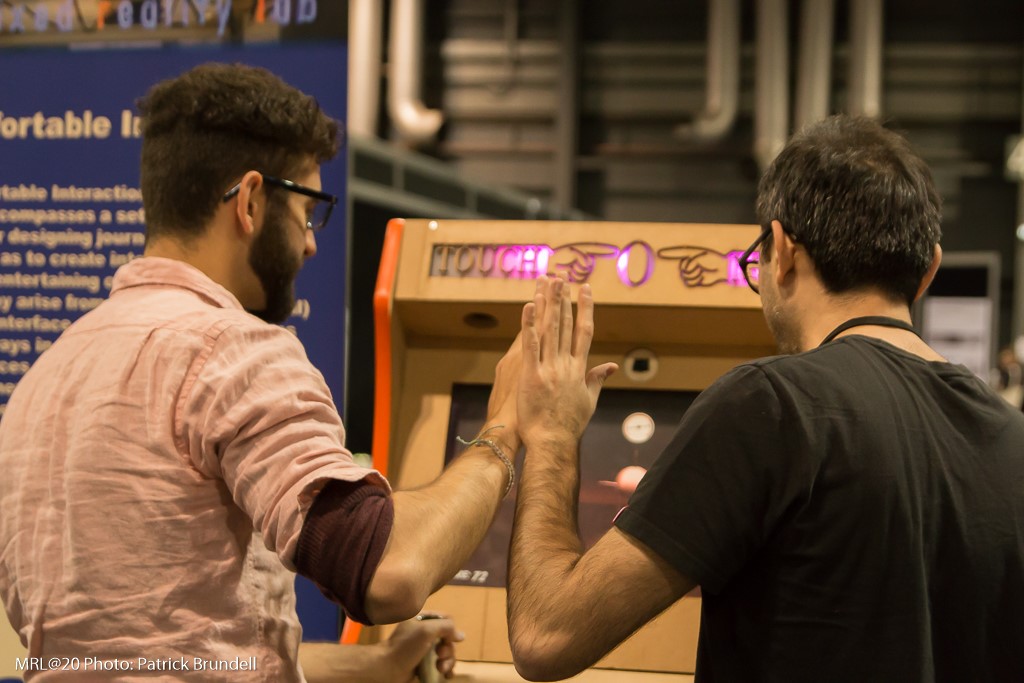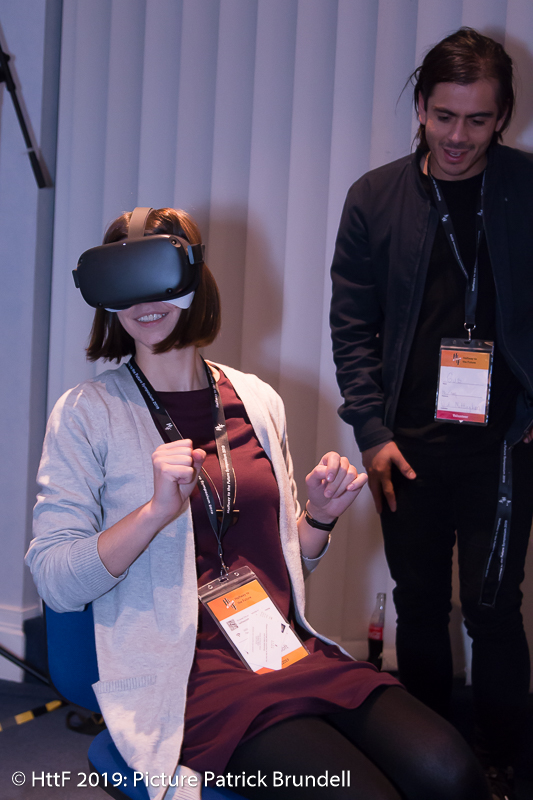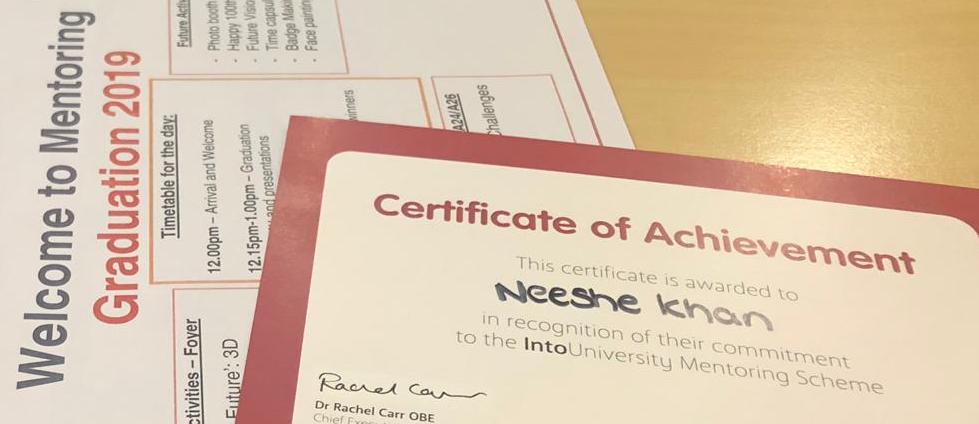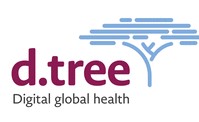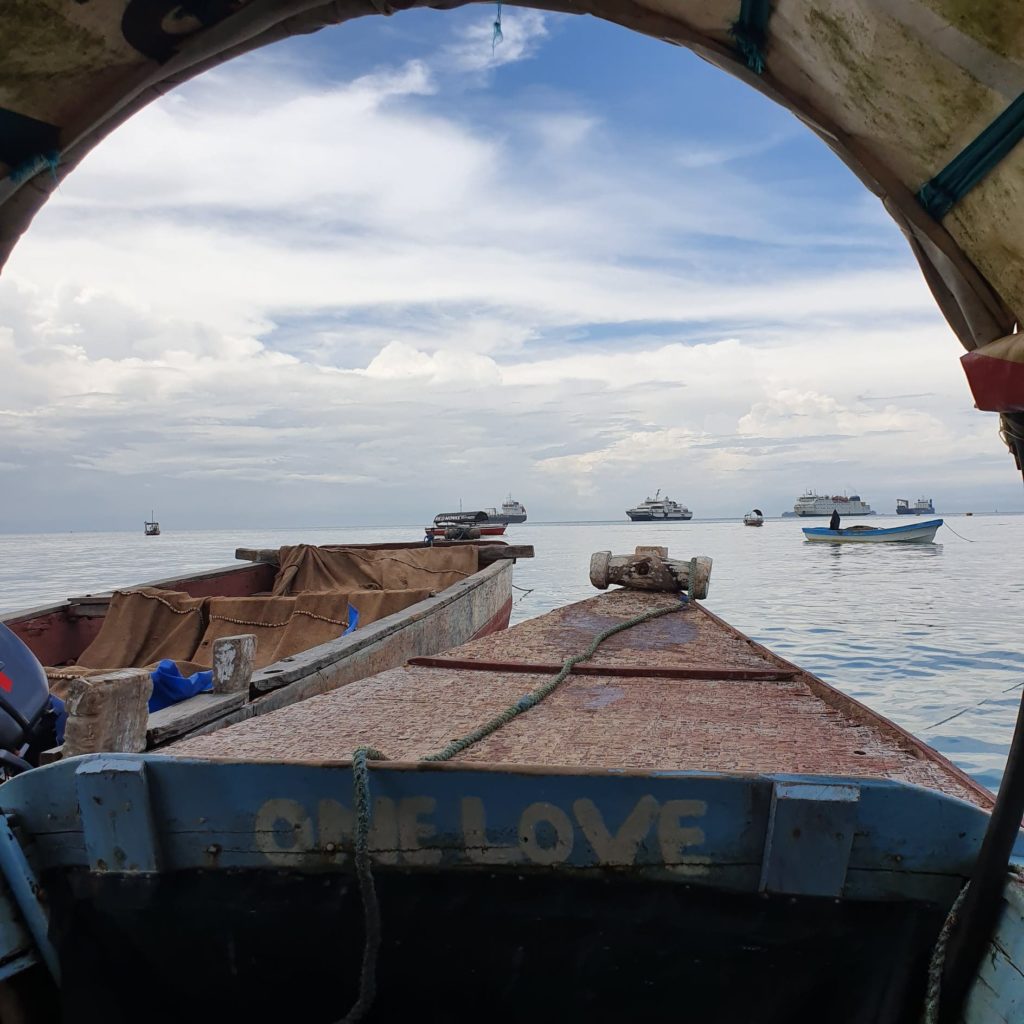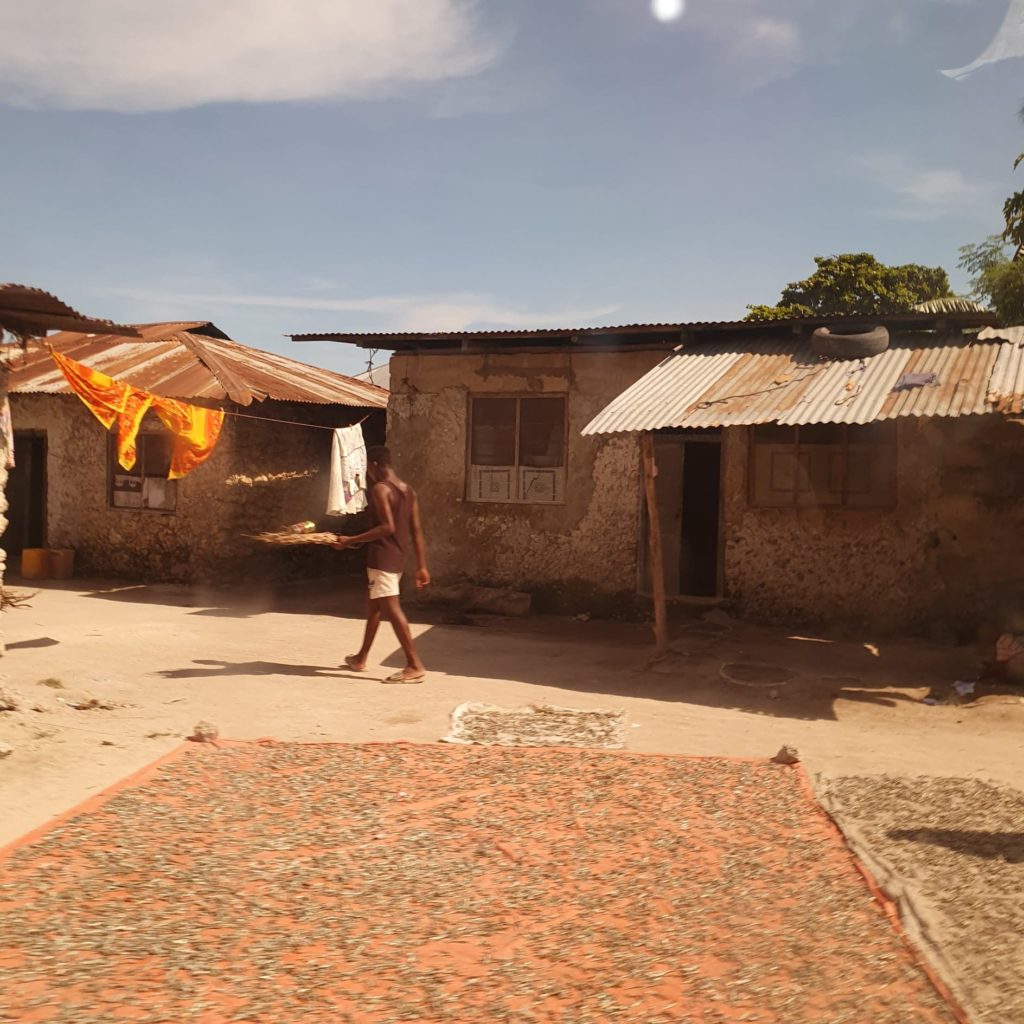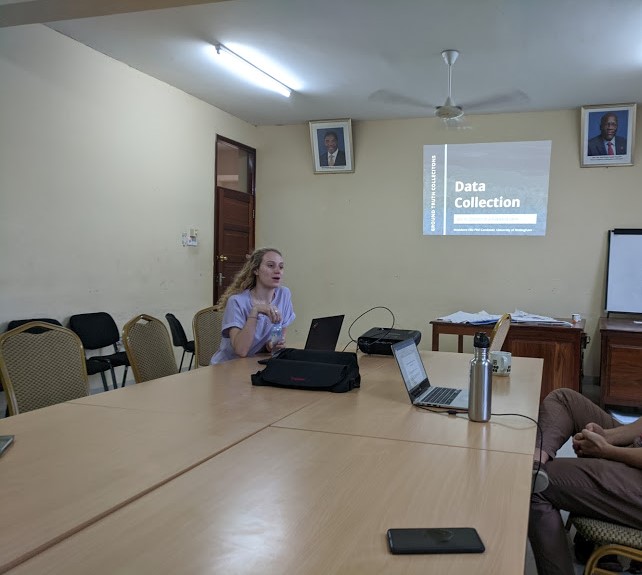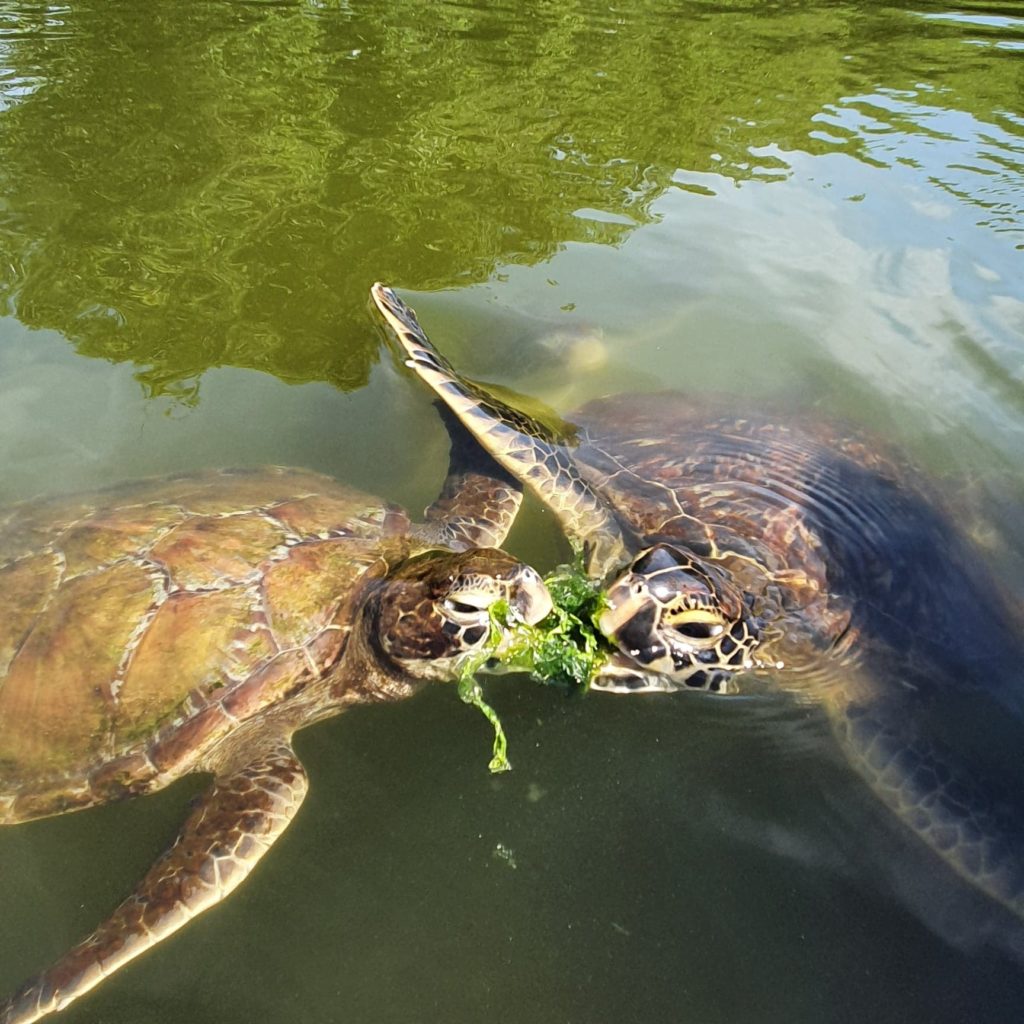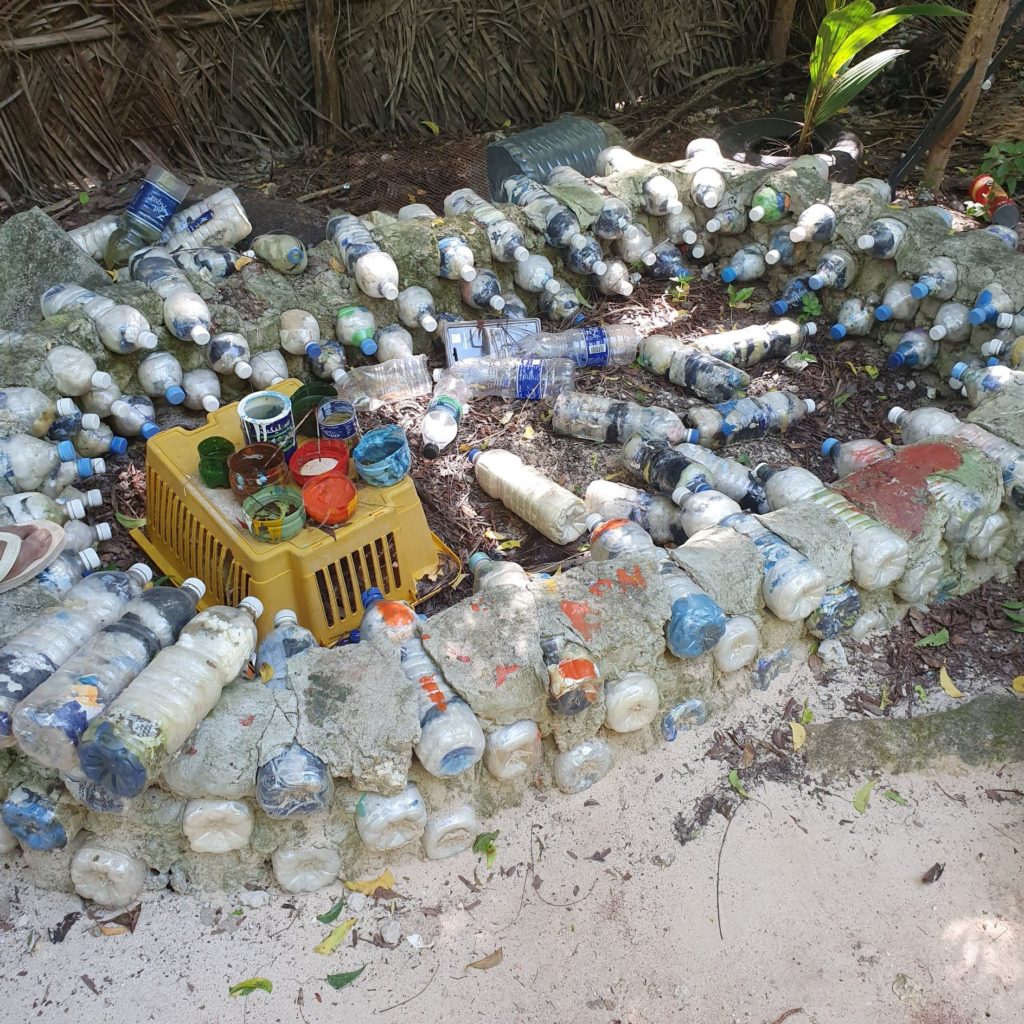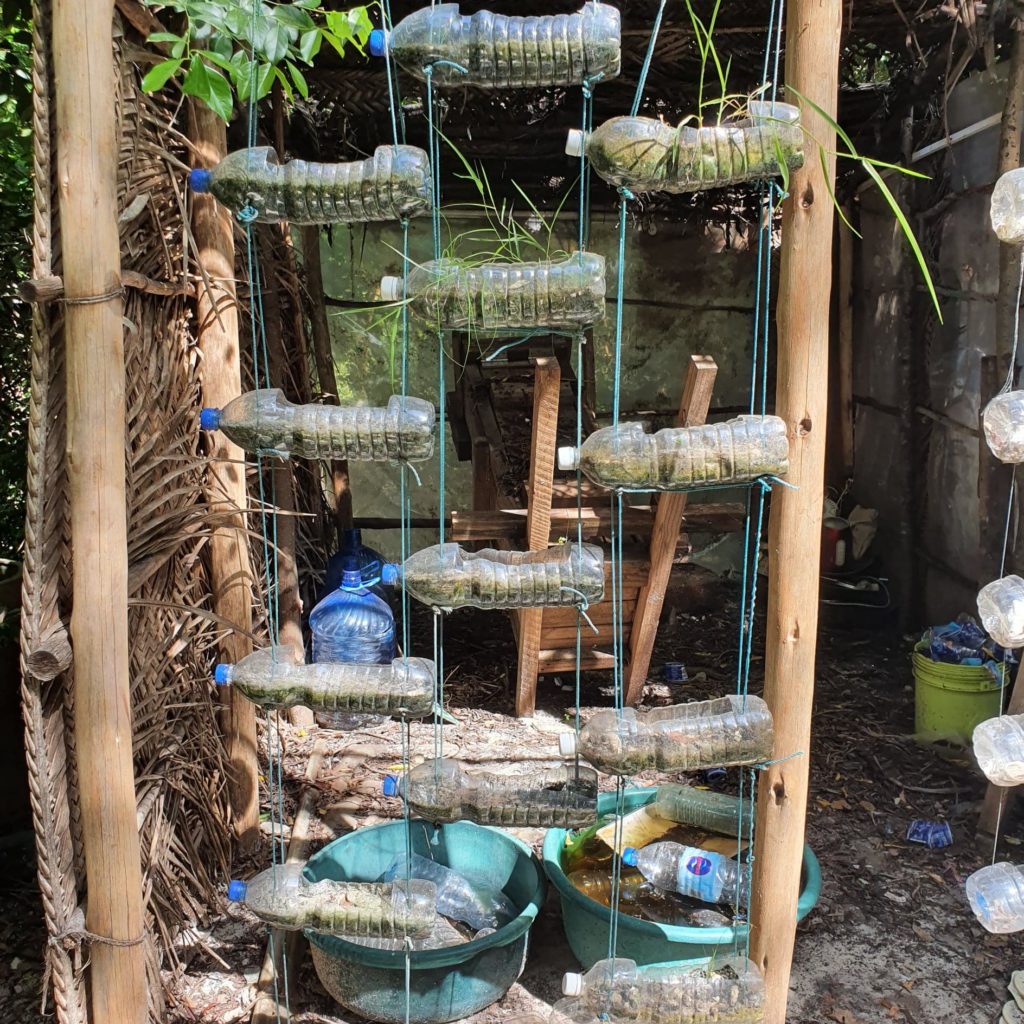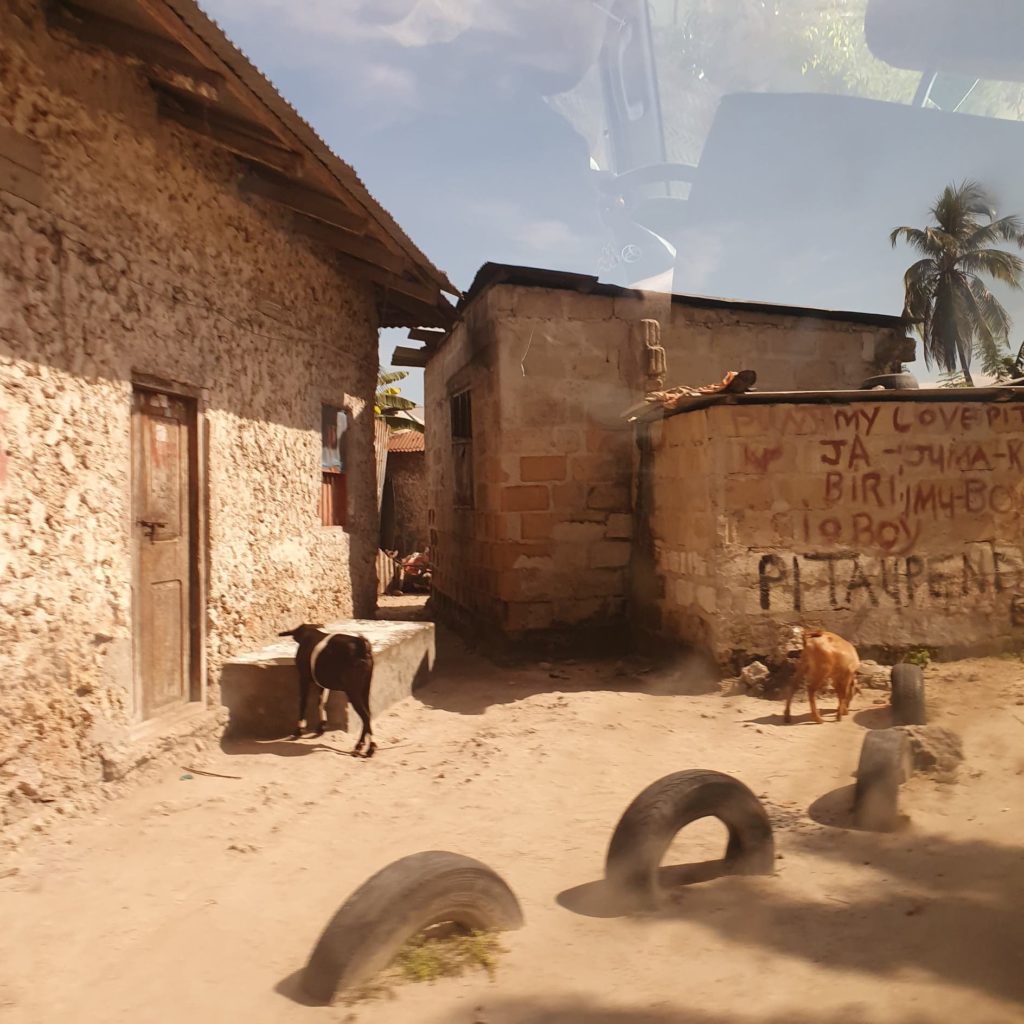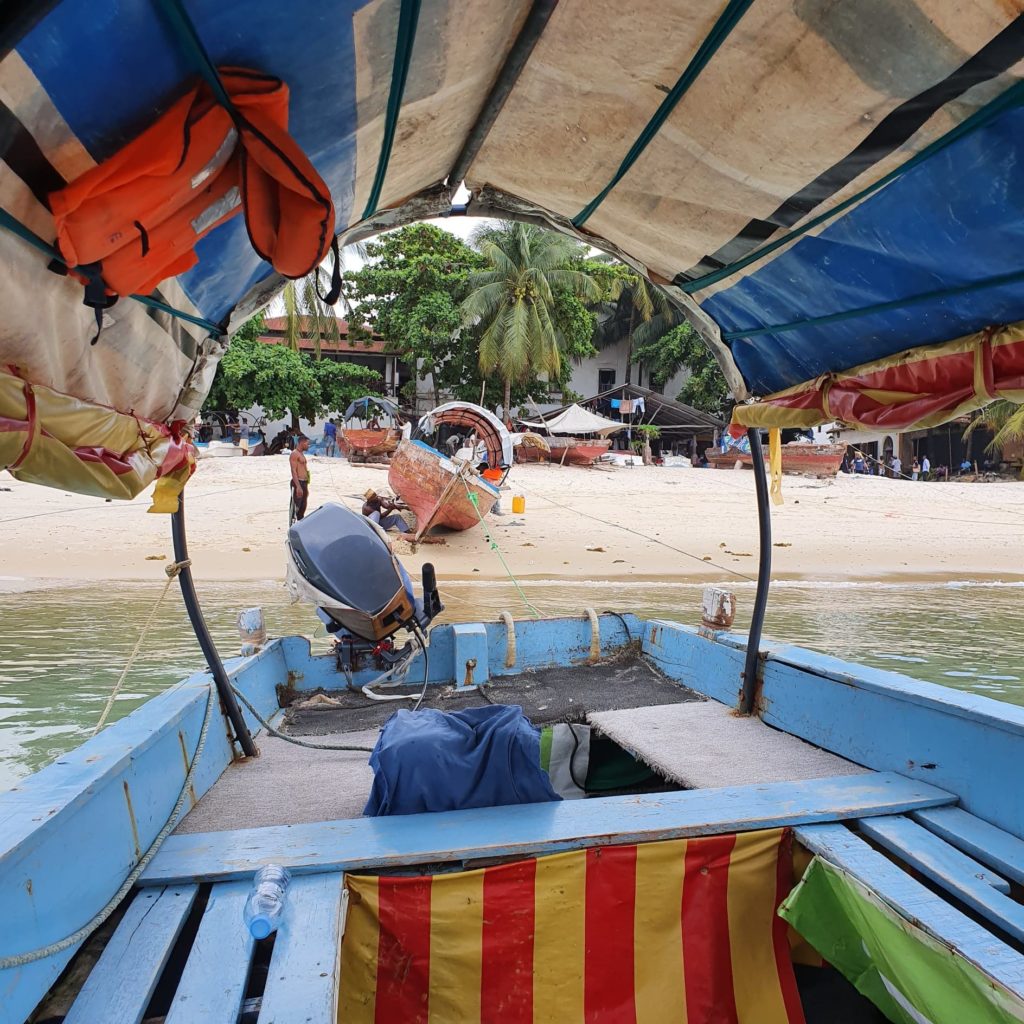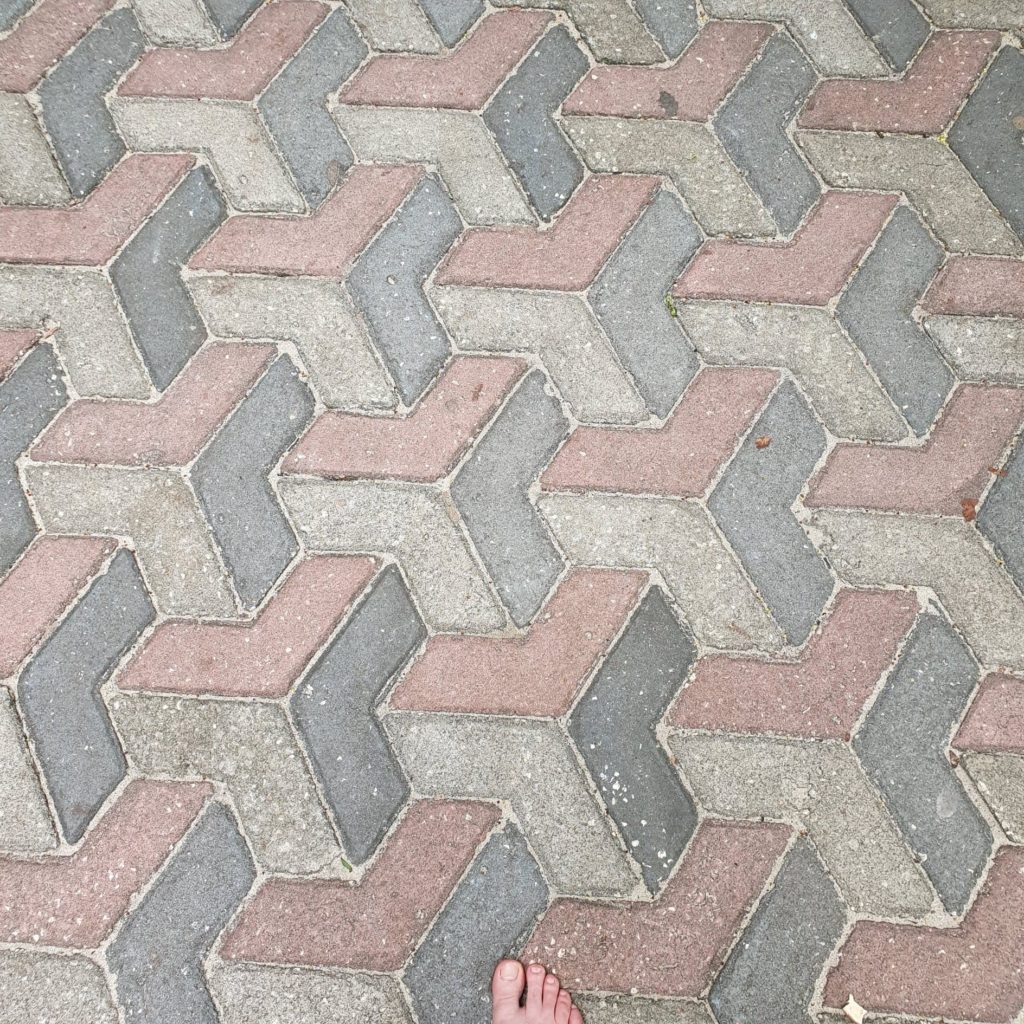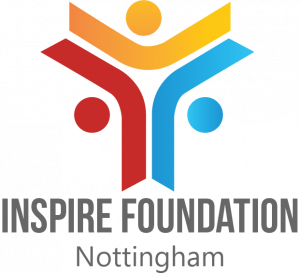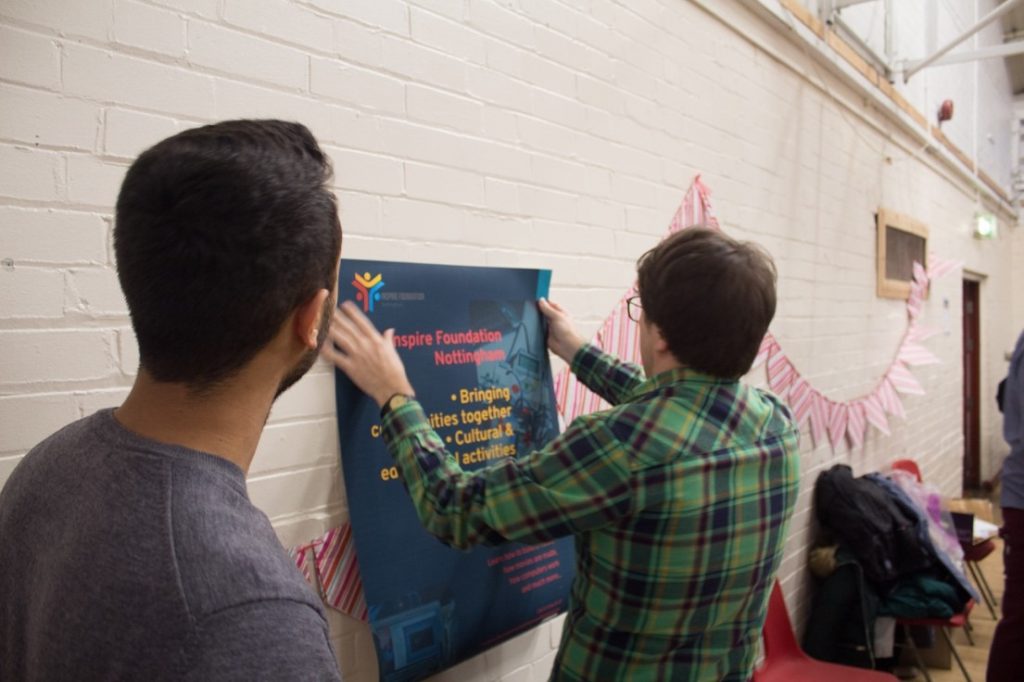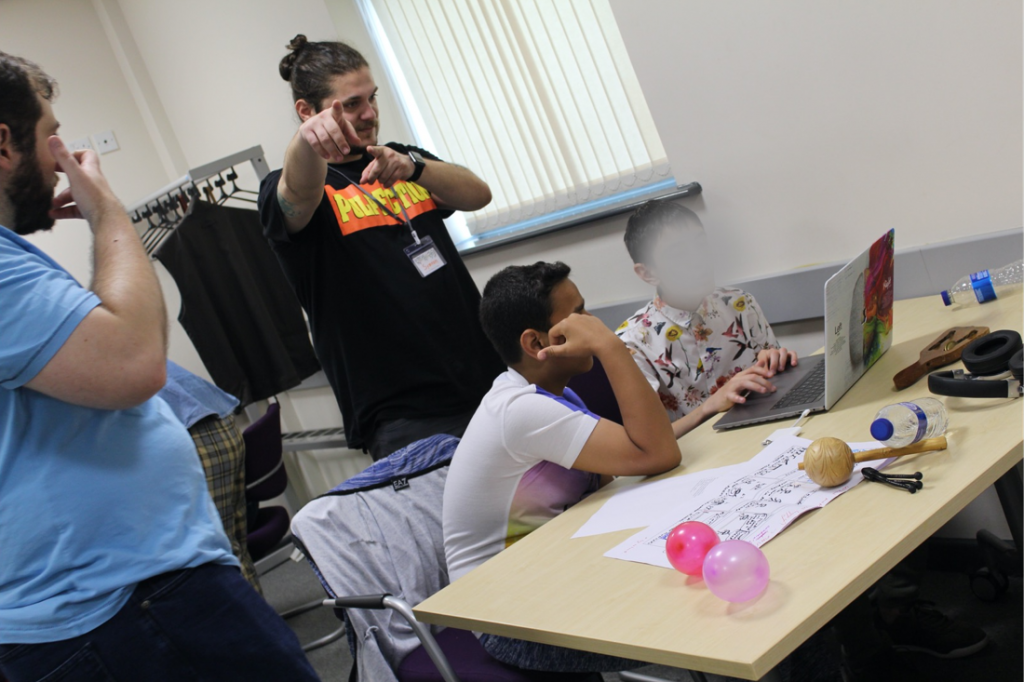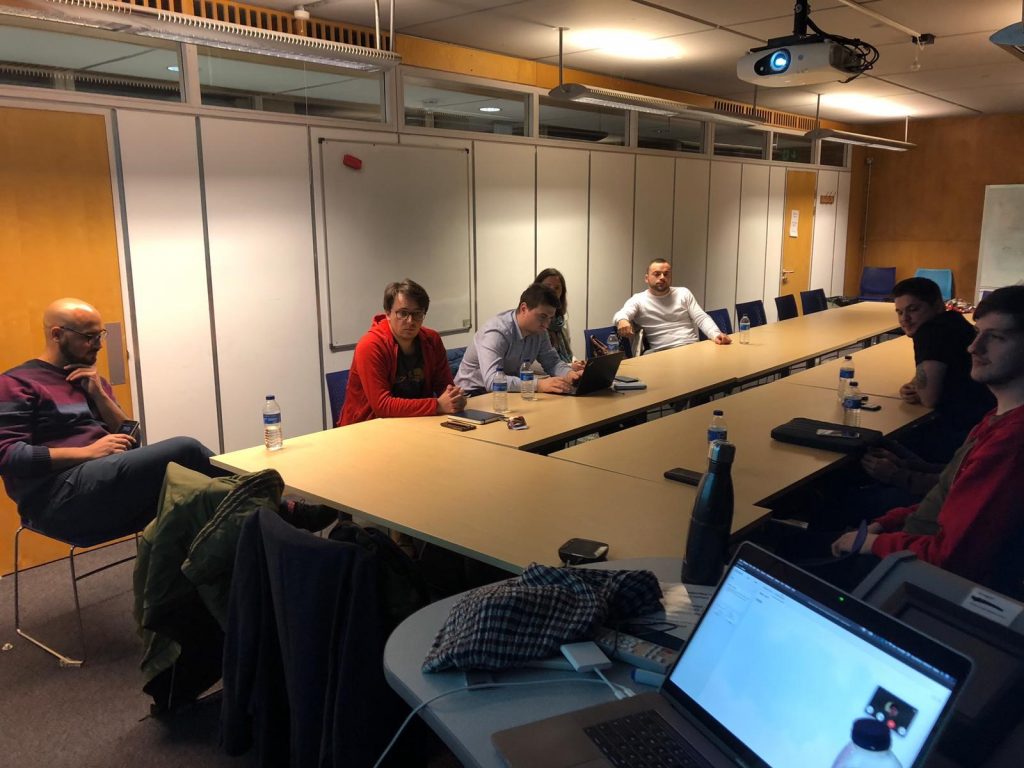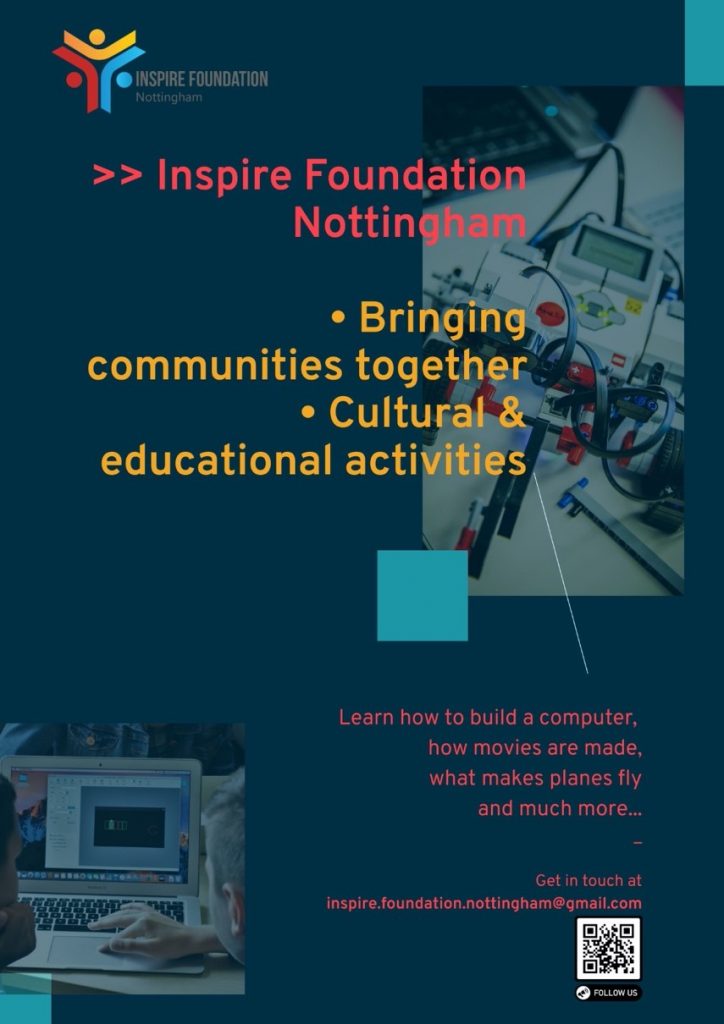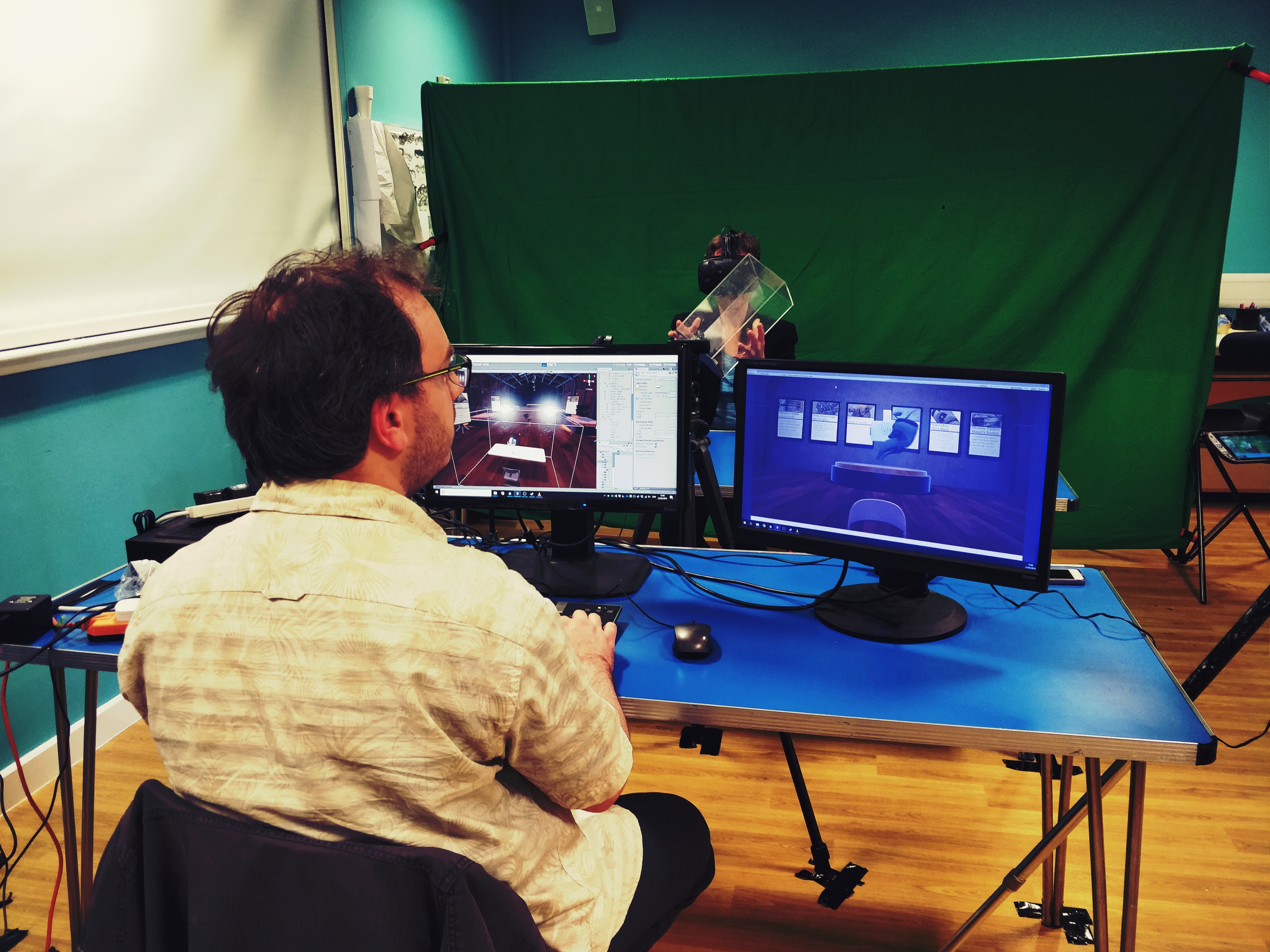post by Angela Thorton (2019 cohort)

Say hello to Squishy initially inspired by Baymax (Hall, D., Williams, C. 2014). This COBOT concept was co-created during an intensive online Summer School in July 2020 run jointly by Connected Everything and the Smart Products Beacon at the University of Nottingham.
The online event, running over two and a half days, involved 28 delegates from various UK universities and culminated in a brief to design a COVID-ready COBOT (collaborative robot) to work in either Food Production, Healthcare, or the Home. Squishy was the collaborative brainchild of myself and the other five members of my group – the BOTtom Wipers… The group comprised me and Cecily from the 2019 cohort at Horizon CDT and Laurence, Hector, Siya and Robin from Lincoln, Strathclyde, and Edinburgh/Heriot-Watt universities, respectively.
The day and a half leading up to the design brief set the context through a series of related talks on the challenges of working in the different sectors as well as discussions on core aspects such as Ethics, Interaction and Comms, Learning and Safety. Hence by Friday morning, we were ready for our design challenge – to design a COBOT relevant to the COVID world we currently live in and present the concept in five slides lasting five minutes – and to achieve this by mid-afternoon the same day!
Our group quickly worked out to make the most of our individual and different backgrounds ranging from robotics and machine learning to neuroscience and psychology. The challenge we decided on was situated in the home, lifting bed-bound residents since it places considerable physical strain on carers and requires close contact with individuals; obviously less than ideal in a COVID world.
Our solution was Squishy: a cost-effective assistive COBOT inspired by the fictional superhero Baymax (Hall, D., Williams, C. 2014) and the caterpillar robot made using a 3D printer that could output soft, rubbery material and hard material simultaneously (Umedachi, T., Shimizu, M., & Kawahara, Y., 2019).
We decided on a soft, modular COBOT since we felt this would be more comforting and comfortable for the individuals being lifted. Manufacturing costs can limit access to assistive robots so Squishy was inflated using pressurized air with different air pockets allowing his shape to be modified to suit individuals of different body sizes/shapes. To ensure stability and safety as well as hygiene, we chose a two-body system comprising flexible 3D printed silicon moulds overlaid with wipe clean textile. Being able to keep Squishy clean was critical given COVID.
Our next challenge was to ensure that Squishy could lift and put down an individual safely. We decided to use input from thermal cameras and real-time skeleton tracking using OpenPose since this is a relatively straightforward and cost-effective system. We planned to teach Squishy to hold and lift safely via incremental learning of holding/lifting varied body shapes and weights, either from data sets or by imitation. The use of thermal cameras and skeleton tracking also allowed us to provide two additional modules if required. The first option was temperature screening (37.8 degrees Celsius or greater potentially indicating COVID infection) and the second was for Squishy to gently rock the individual to comfort them if required. A rocking motion has been shown to promote sleep in infants and, more recently, also in adults, (Perrault et al., 2019).
For ease of use and safety we deliberately kept the input and output communications simple namely a wearable control bracelet or necklace with buttons for basic functions e.g. lift up/down as well as an emergency stop button which would signal that assistance was required.
Ethical issues were key, both in terms of the collection and storage of personal data but also the psychological aspects of Squishy interacting with humans. We decided to only collect the minimum personal data required for a safe and comfortable interaction such as height, weight and BMI (which could be combined with skeleton tracking data) with the individual requiring assistance only being identified by a unique identifier. Data would be stored in a safe storage system such as Databox. Databox is an EPSRC project involving collaborators from Queen Mary University of London, the University of Cambridge and the University of Nottingham and a platform for managing secure access to data. All our data processes were GDPR compliant.
The individual’s response to and relationship with Squishy was also central to the design both in terms of the COBOT’s appearance, feel and touch and the use of slow, comfortable movements which engender relaxation and trust.
Having discussed and honed our design ideas we then had to consolidate them into five slides and a five-minute presentation! We were each involved in different aspects of the brief following which we collectively refined the slides until we had the final version. Getting across the key elements in five minutes proved to be a challenge; with our first run-through coming in at closer to seven and a half minutes but on the day, we just managed to finish on time. It was interesting to see how many people really struggled with the time challenge, and I am sure my experience at summer school will be useful for when I enter the Three Minute Thesis (3MT®) in 2021…
And the outcome of all this hard work and collaboration? I am delighted to report that The BOTtom Wipers and Squishy won the COBOT challenge. J
References:
Hall, D., Williams, C., 2014. Big Hero 6 (Film). Walt Disney Animation Studios.
Perrault, A. A., Khani, A., Quairiaux, C., Kompotis, K., Franken, P., Muhlethaler, M., Schwartz, S., & Bayer, L. (2019). Whole-Night Continuous Rocking Entrains Spontaneous Neural Oscillations with Benefits for Sleep and Memory. Current Biology, 29(3), 402-411.e403. https://doi.org/https://doi.org/10.1016/j.cub.2018.12.028
Umedachi, T., Shimizu, M., & Kawahara, Y. (2019). Caterpillar-Inspired Crawling Robot Using Both Compression and Bending Deformations. IEEE Robotics and Automation Letters, 4(2), 670-676. https://doi.org/10.1109/LRA.2019.2893438
Acknowledgements:
I’d like to thank Connected Everything and the Smart Products Beacon at the University of Nottingham who organised and ran the Summer School so efficiently, my lead supervisor Alexandra Lang who read my draft copy and is always helpful and inspirational and the Horizon Centre for Doctoral Training at the University of Nottingham (UKRI Grant No. EP/S023305/1) for supporting my PhD.



